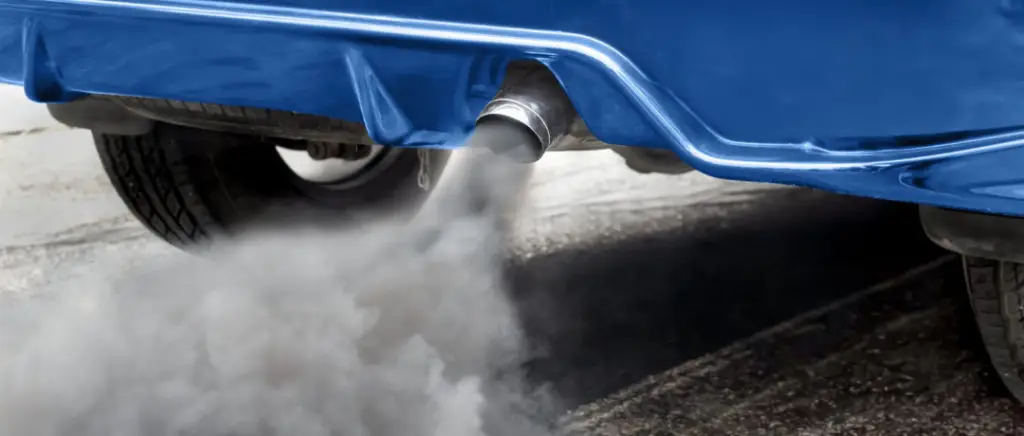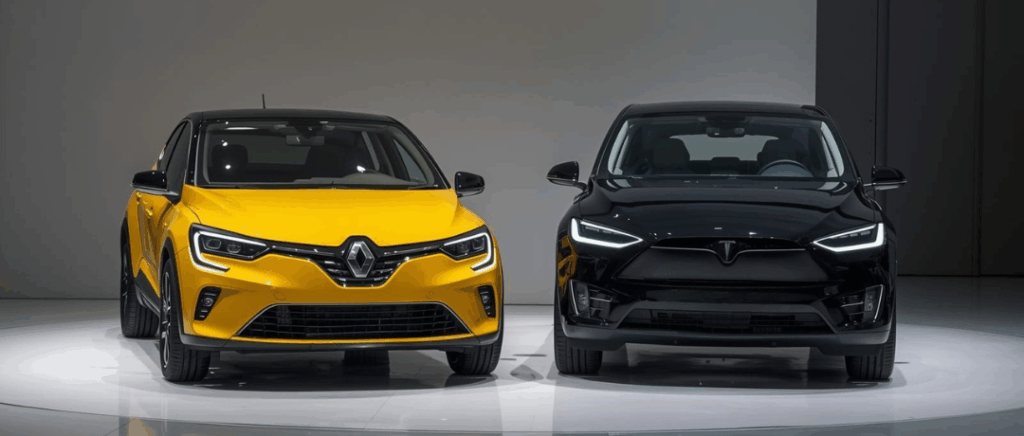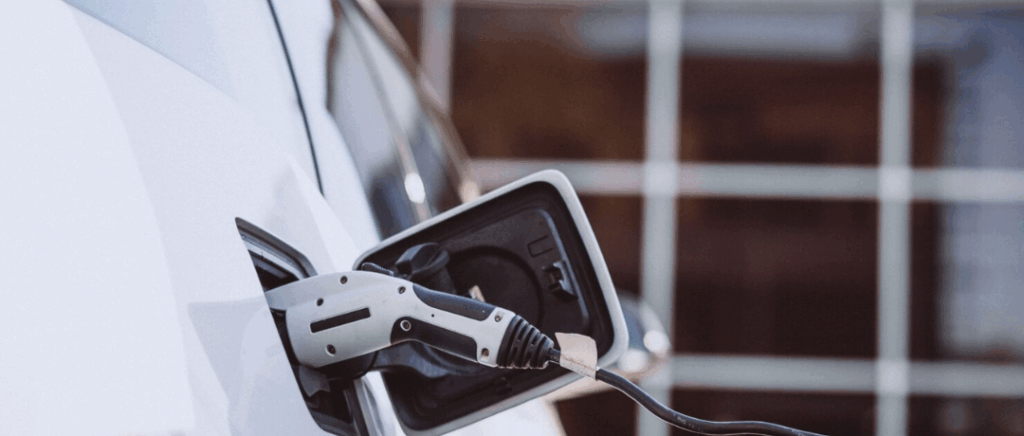Le ecologic malus reinforced for internal combustion vehicles
The government's draft 2025 budget provides for a significant tightening of the ecologic malus for internal combustion vehicles, as part of a stricter environmental tax system.
The government plans to gradually lower the threshold for triggering the penalty, from the current 118 g/km of CO2 to 99 g/km by 2027.
This measure is designed to encourage the adoption of electric vehicles and reduce greenhouse gas emissions from the French car fleet.
The increase in the ecological penalty will result in :
- An increase in the maximum amount of tax, from €60,000 to €90,000 in 2027.
- The extension of the weight tax, known as the "mass malus", introduced in 2022.
- Reduced exemptions for certain hybrid vehicles.
This new tax will affect not only top-of-the-range vehicles, but also more affordable models such as certain mid-range internal combustion SUVs and even city cars.
European carmakers, already faced with the scheduled end of combustion engines in 2035, are likely to come under further pressure on their sales of conventional vehicles.
Measures to speed up the ecological transition
The 2025 budget includes a number of measures designed to accelerate the ecological transition in the automotive sector. These include higher taxes on internal combustion vehicles, while encouraging the adoption of electric models. The main initiatives include
- A tougher ecological penalty for the most polluting vehicles, with lower CO2 emission thresholds and higher amounts.
- An upward revision of the tax on company vehicles (TVS) for internal combustion models.
- Maintaining and strengthening incentives for the purchase of electric vehicles, in particular via the ecological bonus.
These measures are part of an overall strategy to reducecarbon footprint of the French car fleet.
By modulating taxation, the government is seeking to steer consumers and businesses towards more sustainable mobility options.Although potentially restrictive for some users, these provisions aim to accelerate the transition to low-carbon mobility, in line with national and European climate objectives.
The government's environmental and budgetary objectives
Michel Barnier's government is pursuing a twofold ambition by increasing taxes on internal combustion vehicles in the 2025 budget. On the one hand, it aims to speed up the ecological transition by encouraging consumers to switch to cleaner alternatives such as electric vehicles.
These measures will also generate additional revenue for the State, estimated at several billion euros.
The tightening of the environmental penalty is part of a wider strategy to 'green' the French tax system. By gradually lowering the threshold for triggering the penalty and increasing its maximum amount, the government hopes to :
- Significantly reduce CO2 emissions from the French car fleet
- Encouraging the mass adoption of electric and plug-in hybrid vehicles
- Generating funds to finance the energy transition
This approach aims to bring France into line with its climate commitments, while at the same time stimulating innovation in the automotive industry.
Summary table
| Aspect | Details |
|---|---|
| 2025 draft budget target | Tougher environmental penalties for internal combustion vehicles as part of a more stringent environmental tax system. |
| Penalty threshold | Gradual reduction from 118 g/km of CO2 to 99 g/km by 2027. |
| Maximum amount of tax | Increase from €60,000 to €90,000 in 2027. |
| Weight tax (malus masse) | Extension of the tax introduced in 2022. |
| Exemptions for hybrid vehicles | Reduction in exemptions for certain hybrid vehicles. |
| Impact on vehicles | Affects top-of-the-range vehicles, some mid-range internal combustion SUVs and even city cars. |
| Measures for the ecological transition | Toughening of the ecological penalty, review of the TVS, maintenance and reinforcement of incentives for the purchase of electric vehicles. |
| Environmental objectives | Reducing CO2 emissions, mass adoption of electric vehicles, financing the energy transition. |
| Additional revenue | Generation of several billion euros for the State. |
| Global strategy | Aligning with climate commitments, stimulating innovation in the automotive industry. |
| Short-term challenges | Pressure on conventional vehicle sales, challenges for consumers and the car industry. |
| Long-term vision | Reducing CO2 emissions, improving air quality, transforming the French car fleet. |
Conclusion
The strengthening of the ecological penalty in the 2025 budget marks a decisive turning point in environmental policy. By targeting a wide range of vehicles, from mid-range SUVs to city cars, the government is sending out a strong signal in favour of the transition to cleaner mobility.
This measure, combined with measures to encourage the purchase of electric vehicles, is designed to speed up the transformation of the French car fleet.
While these changes may present short-term challenges for consumers and the car industry, they are part of a long-term vision to reduce CO2 emissions and improve air quality. The effectiveness of this strategy will depend on public support and the industry's ability to offer affordable and attractive alternatives to combustion-powered vehicles.
Use the TCO simulator to calculate the total cost of ownership of your car and compare it with its internal combustion equivalent.
































